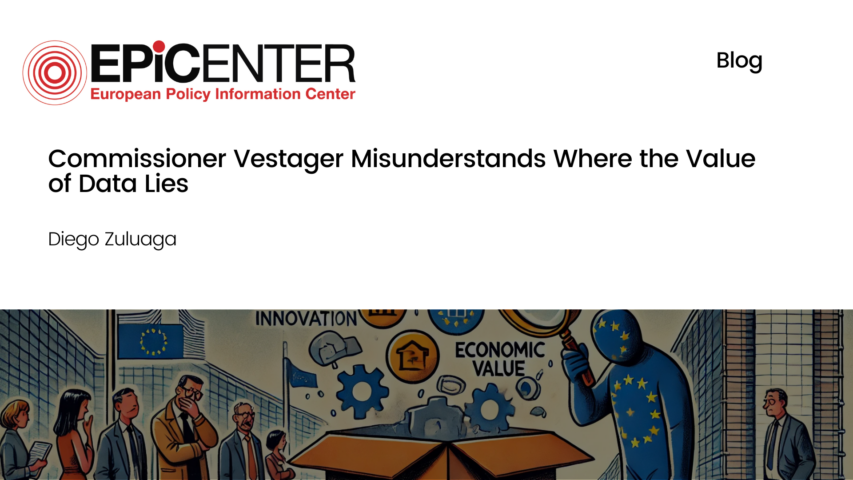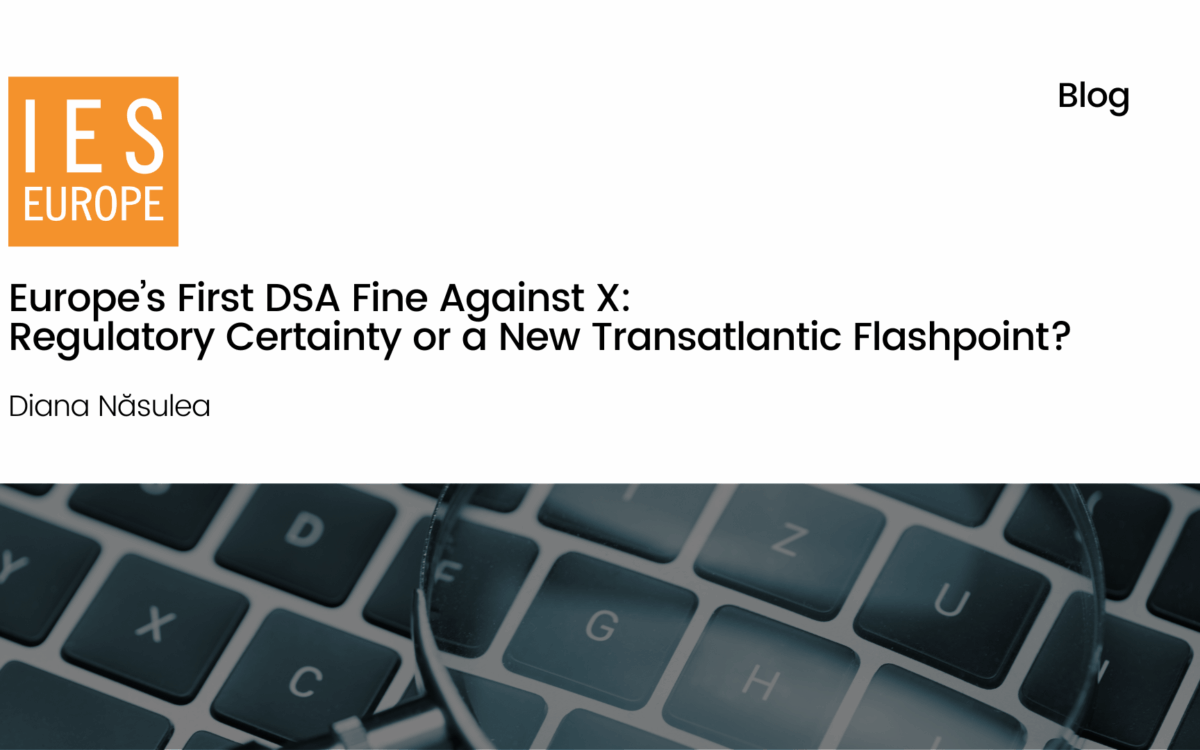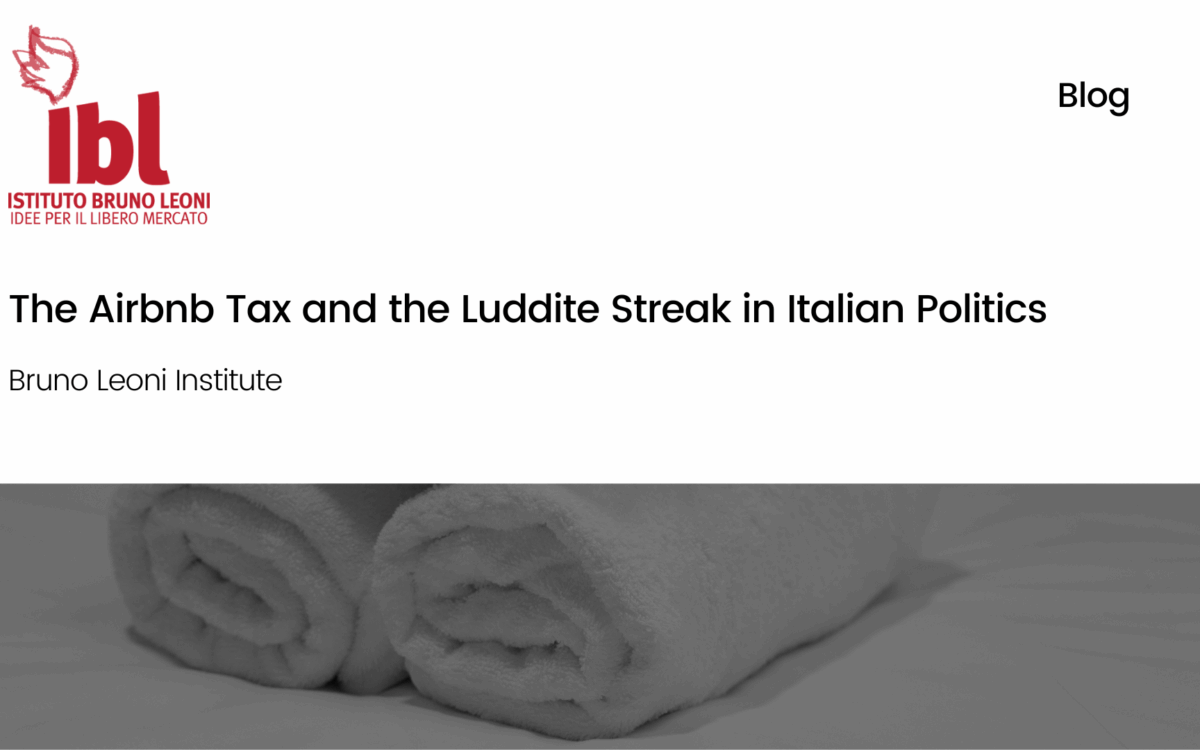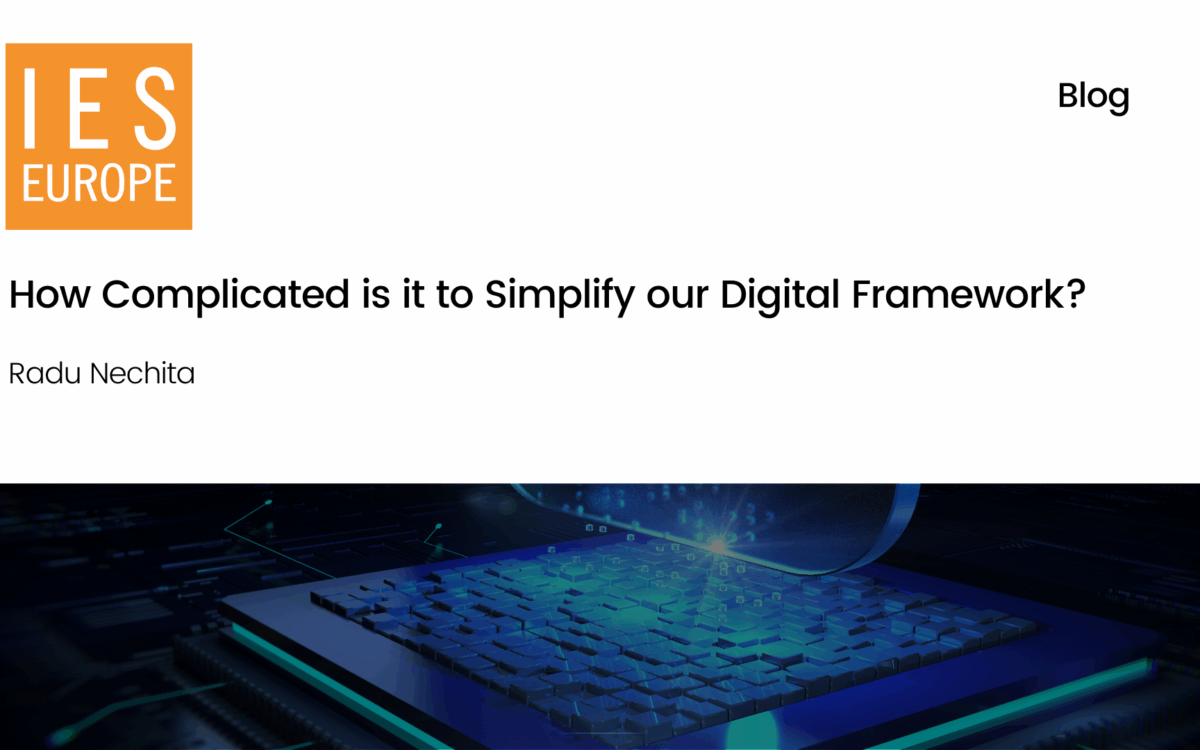Commissioner Vestager Misunderstands Where the Value of Data Lies

Commissioner Vestager Misunderstands Where the Value of Data Lies
Diego Zuluaga // 18.01.2016
EurActiv reports this morning on a speech delivered by Competition Commissioner Margrethe Vestager at the DLD conference in Munich on Sunday. In it, Vestager hints at possible action by the EU’s antitrust watchdog in cases where online businesses used data collection to exclude competitors:
“But if just a few companies control the data you need to satisfy customers and cut costs, that could give them the power to drive their rivals out of the market. And with less competition, there’s a risk that there won’t be enough incentive for companies to keep using big data to serve customers better.
“If a company’s use of data is so bad for competition that it outweighs the benefits, we may have to step in to restore a level playing field.”
At no point does the Commissioner explain how such dominance in the collection of user data might come about. Nor does she go into further detail about how competition authorities could gauge the extent of a firm’s “control” over data.
As it happens, there is little reason to believe that competitive concerns could arise in the collection of customer data by online platforms and other digital firms. That is for two reasons:
1) Data is unlimited and non-rival. One firm’s use of a customer’s data does not prevent other firms from using it. Furthermore, any action/ statement/ click by users is a data point – user data is endless.
2) Data is what you make of it. The flip-side of point 1 is that the key issue about data is not how much of it you have, nor how much of it your competitors have. Rather, the point is what you do with that data. Have you got a sophisticated method for sifting through the pile of data points collected? Are you able to prioritise those bits of data which are most likely to lead to a business transaction?
Without a useful way to monetise the information collected, data is useless. And therefore, those who look at data as valuable in itself are barking up the wrong tree. What is valuable is the business proposition that is tied to the data, for instance, the algorithms that refine results and recommend additional items for purchase on the basis of key words and previous transactions. It is the latter that characterise digital innovation and determine the success of online firms.
Vestager’s speech is generally optimistic about the potential for data to improve our lives. Furthermore, she does acknowledge that in many instances, action by competition authorities may not be warranted. But by suggesting that businesses could somehow “control” data collection and use it for anti-competitive purposes, she is contradicting all previous experience and misunderstanding where the value of data comes from.
EPICENTER publications and contributions from our member think tanks are designed to promote the discussion of economic issues and the role of markets in solving economic and social problems. As with all EPICENTER publications, the views expressed here are those of the author and not EPICENTER or its member think tanks (which have no corporate view).



